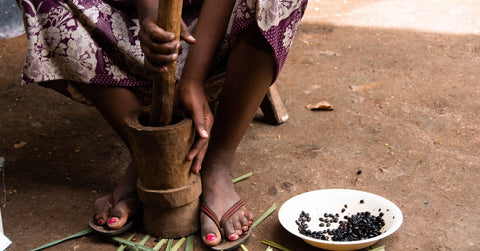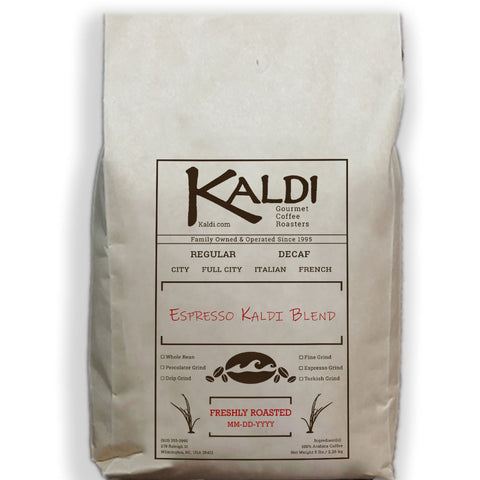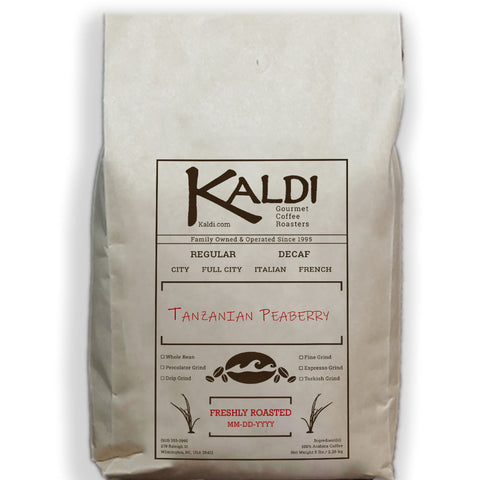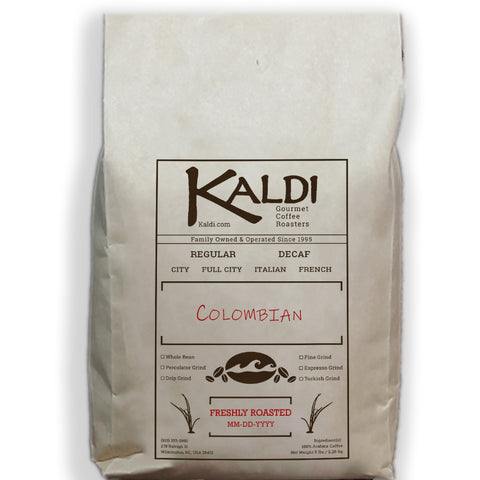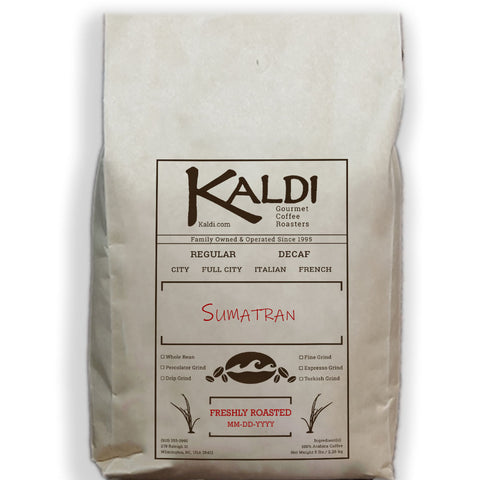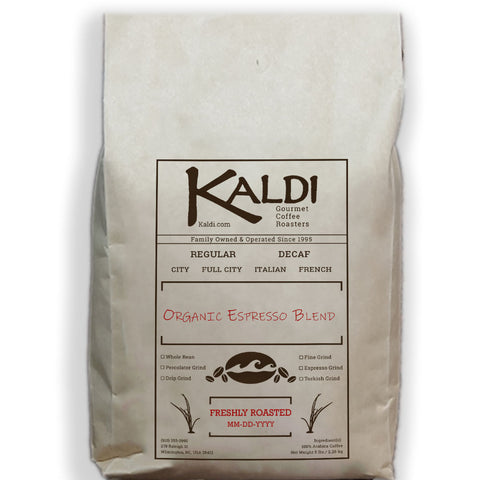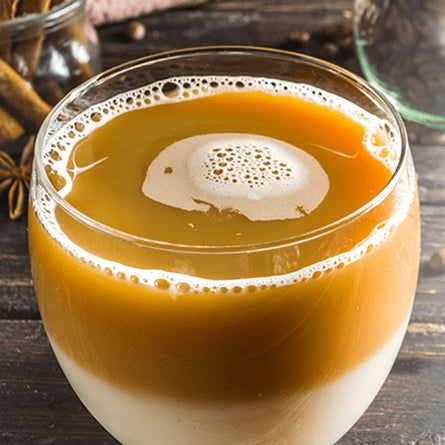Ethiopia is known as the birthplace of coffee.
There is a legend dating back to the 9th Century that shares the experience of an Ethiopian goat herder by the name of Kaldi. After eating red berries from a plant, Kaldi noticed his goats dancing with boundless energy — full of life! Upon sharing this discovery with his community, they began eating these berries to help them stay awake for hours!
At Kaldi Gourmet Coffee Roasters, we hope to bring that full life to you with our wholesale coffee! Learn more about Ethiopian coffee and order our Ethiopian Harrar fresh coffee beans to experience a cup of Kaldi’s discovery for yourself!
Ethiopian Coffee
While arabica coffee is now grown around the world, the coffee plant originates in Ethiopia. Ethiopia produces 3% of the world's coffee beans. But, nearly all of those beans are grown by small farms in six main growing regions:
-
Sidamo
-
Yirgacheffe
-
Harrar
-
Ghimbi
-
Limu
-
Jimma
Sidamo has perfect climate conditions for growing coffee, producing some of the most complex, aromatic coffees. Beans from this region are known for their sweetness and notes of floral and citrus.
The Yirgacheffe region is renowned for its delicate coffees with light, bright and floral characteristics. These beans have a rich body and intense flavors.
Harrar, the highest growing region in Ethiopia, cultivates coffee beans from native trees. This region is perfect for drying out beans in the sun, giving them a wide range of flavors including mocha, mint, strawberry, and blueberry.
On the other hand, the Ghimbi region wet-processes their beans. The beans from this region are heavier with a long-lasting body.
Beans from the Limu region are desired for their sweet and spicy flavor and balanced body, fairly similar to the beans from Sidamo.
Jimma coffee beans, when washed, have bright, tropical and fruit like characteristics. When processed naturally, they will not be as desirable.
Coffee ceremonies are often performed at the beginning of Ethiopian events, creating a space where they can gather to discuss important issues. During the ceremonies, coffees are brewed and then served to all participants. There are typically three courses of coffee — called the awel, kale'i, and baraka. Each of these rounds are brewed using the same beans, resulting in a weaker brew each time.
With such a rich history and unique growing regions in Ethiopia, it’s not surprising that coffee plays an important role in Ethipoian culture.
Fresh Coffee Beans at Kaldi
Ethiopia’s history with coffee is deep and rich. Whether you already have a preference for Ethiopian beans or you’re looking to try something from a new growing region, choose Kaldi Gourmet Coffee Roasters for fresh coffee beans.
While you’re here, take advantage of our coffee of the month, Ethiopian Harrar. Get 5 lbs for $30 with the code ETHIOPIAN. And learn more about different growing regions on our blog:

